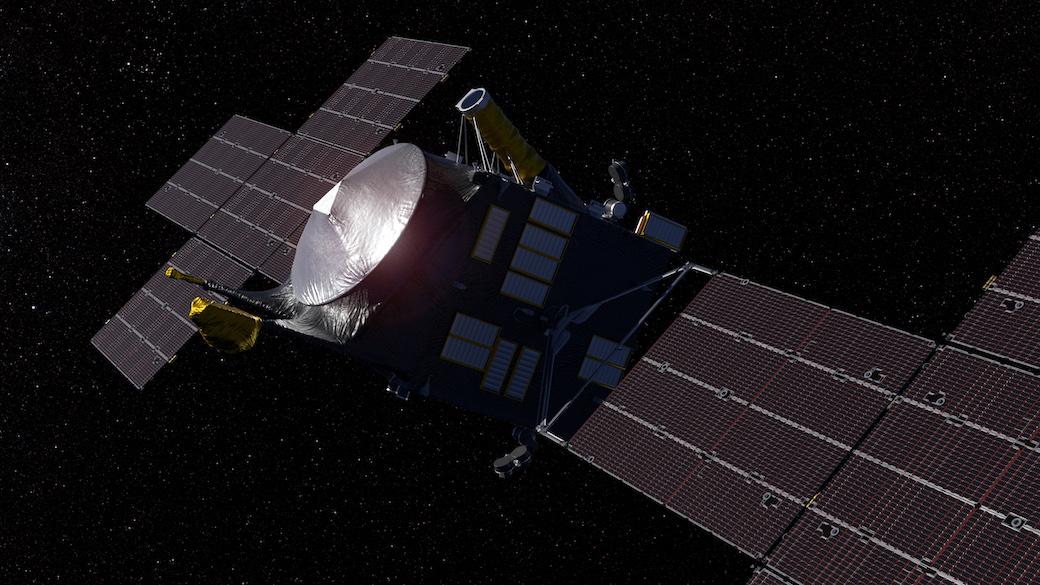
Credit: NASA
HOUSTON—NASA is progressing toward an October launch of Psyche, an approximately $1 billion science mission to orbit a metal-rich, main-belt asteroid that could provide new clues about the Earth’s core and planet-forming processes across the universe. This is according to an update from an...
Subscription Required
This content requires a subscription to one of the Aviation Week Intelligence Network (AWIN) bundles.
Schedule a demo today to find out how you can access this content and similar content related to your area of the global aviation industry.
Already an AWIN subscriber? Login
Did you know? Aviation Week has won top honors multiple times in the Jesse H. Neal National Business Journalism Awards, the business-to-business media equivalent of the Pulitzer Prizes.




